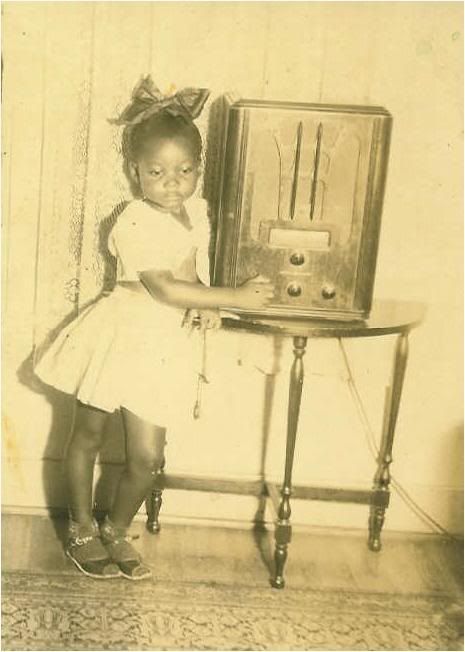
Photo by: montrealmirror.com
Montreal born author and award winning playwright David Fennario (Wiper) was raised in the working class neighborhood of Pointe- St- Charles. His pen name, Fennario was taken from a Bob Dylan song titled,"Pretty Peggy-O."
In the early seventies Fennario enrolled in Dawson Collage. With his teachers encouragement, Fennario developed and fine tuned his creative writing skills. His journal, Without a Parachute caught the attention of then Centaur artistic director Maurice Podbrey , who introduced Fennario to the ins and outs of theatre.
On the Job, Fennario's first play was produced at Centaur in 1975 and became an overnight hit. As did his other plays, also produced at Centaur, Nothing to Lose (1976), Toronto (1978), Balconville (1979), Moving (1983), The Murder of Catherine Parr (1986) and the controversial The Death of Rene Levesque in (1990).
Balconville

Photo courtesy of www.playwrights.ca
Fennario continued to bring the working class issues to the public's attention through his art. Breaking away from mainstream theatre and concerned that his plays were not being heard by his working class audience, he co -founded the Blackrock Community Group. His agitprop work , Joe Beef (1984) was influenced by Bertolt Brecht and produced the show in Verdun.

Photo courtesy of www.amazon.ca
Another play, this time a one man show, Banana Boots (1988), is based on his life, and was developed at the Playwrights Workshop Montreal . Gargoyles another one man show dipicts a historical and working class view of life in Pointe St. Charles.
With Fennario's long awaited return to Centaur, he revisited Balconville's success 26 years later with the premiere in Novenber, 2005 with Condoville .

Photo courtesy of www.go-montreal.com
Commemorating the 100th anniversary of the invention of radio by CanadianReginald Fessenden , Fennario wrote Fessenden's Follies(2006). This was adapted for radio and performed live in December 2006 across Canada.




